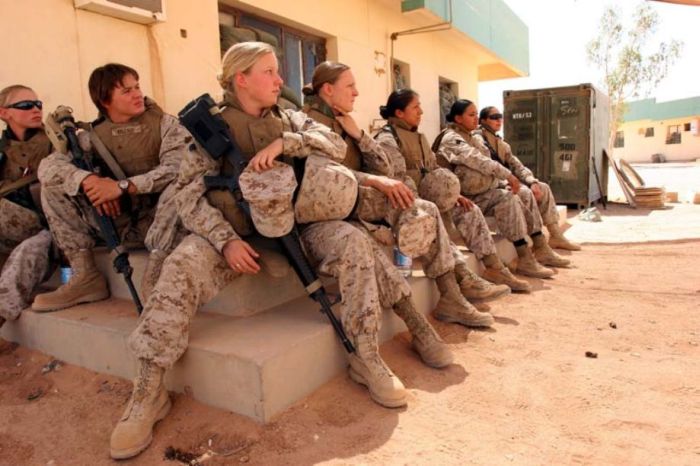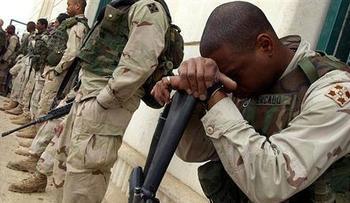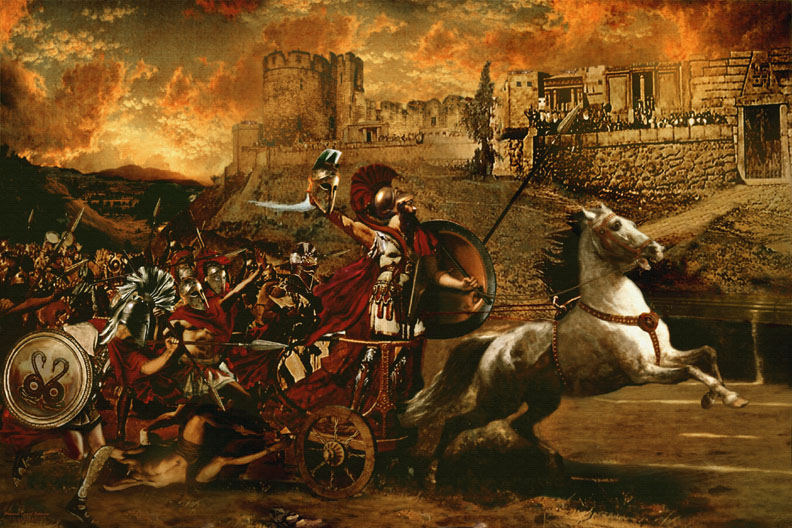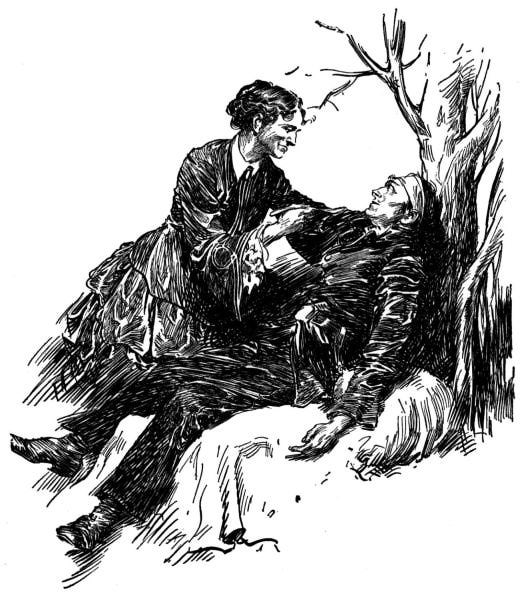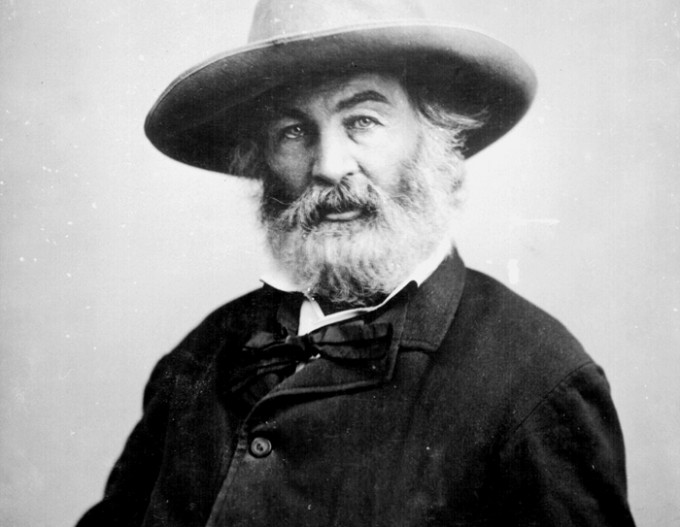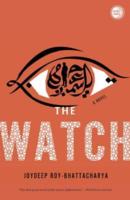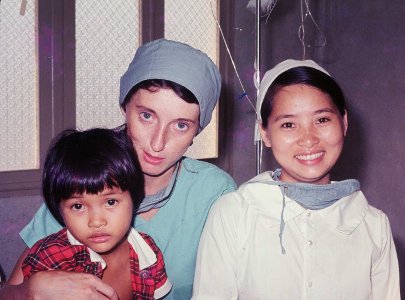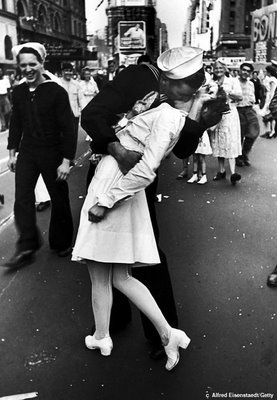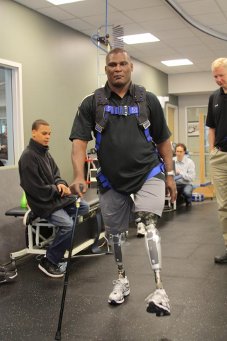Thank you all so much for your openness and welcoming!
Check back soon for your essays.
-- Meredith Sue Willis
updated 6-18-14
Syllabus for Literature and Medicine for VA 2014
January – June 2014
Scholar: Meredith Sue Willis
Hospital Liaison: Ana Paiva, ex t 2323
New Jersey Council on the Humanities liaisons are Mary Grace Whealan, Briann Greenfield, and James Kirkland.
Literature & Medicine is a program partnership between the New Jersey Council for the Humanities
(http://njch.org) and VA New Jersey Health Care Systems.
Current Session
Joydeep Roy-Bhattacharya's Answers to our Questions about The Watch
Note from the group leader: Reading materials before sessions is great, but not required. What we share with one another from our experience is the heart of these sessions. Please do, however, try to check each session here online about a week before the meeting. There will be occasional updates and possibly new optional short readings and things to look at online.
Session I, Tuesday, January 28, 2014
Historical Literature of War; The Ideal of the WarriorIntroductions--The Warrior--Classic Writing about Battle and War. Topics that will be touched on during the first session may include: personal introductions; introduction to this course; how we read; what we read for pleausure and other reasons; literature as a way to deal with Big Topics; war as part of the human condition; historical and contemporary views of war; the Warrior Ideal (chivalry, bushido).
Opening of the Iliad
David and Goliath
"Once More Into the Breech!" Shakespeare's Henry V, Act III, Scene I.Nineteenth century war writing from Tolstoy:
From Sevastopol Sketches
From War and PeaceTwo World War I poems presenting an old argument about war:
"In Flanders Fields."
Dulce et Decorum Est"What is a Warrior" by Edward Tick (from his book, War and the Soul Questbooks, 2005)
Image above right is Leo Tolstoy
Session II, February 25, 2014
Historical MedicineMedicine in the past--Nurses and Caretaking in the U.S. Civil War
Civil War Nurse and patients
From Daniel Defoe's Journal of the Plague Year (fiction versus nonfiction)
Fanny Burney's account of her 1811 breast surgery
Louisa May Alcott's Hospital Sketches--Read Chapter Three: Http://www.gutenberg.org/files/3837/3837-h/3837-h.htm (first published in
1863) (In this chapter, she parodies a famous poem by Alfred Lord Tennyson called "Charge of the Light Brigade," found here.)
YouTube clip on the Civil War from the American Masters documentary The Woman Behind Little Women by Harriet Reisen and Nancy Porter Scenes from film, http://www.alcottfilm.com/video-clips/video-clips/ (Civil War section, third from the top)
More Civil War nurses: American Poet Walt Whitman was a volunteer nurse in thecivil war. For some of his diary entries, click here. For his poem called "The Wound Dresser," click here. (For more background, see Walt Whitman as a nurse)
Find out a little about Clara Barton, either from the Internet or from the book Woman of Valor: Clara Barton and the Civil War by Stephen B. Oates.
Image above is an artist's impression of Clara Barton on the battlefield; above at left is a photo of Louisa May Alcott; bottom, left Walt Whitman and right Clara Barton.
Session III
Monday April 7, 2014 [
March 25, 2014]See note from Meredith Sue Willis
The Watch: A Novel by Joydeep Roy-BhattacharyaA Contemporary Story Set in Afghanistan
I'm sorry we had a weather advisory and had to postpone the session! The make-up session on The Watch will be April 7, 2014, but since some people may have to miss that session, we'll definitely spend the first part of the April 22 session on the novel as well. If you can't make April 7, please email me questions for Mr. Roy-Battacharya, and I'll try to have answers from him by the April 22 session.
-- Meredith Sue (meredithsuewillis@gmail.com)
We'll read a contemporary novel about Americans in Afghanistan, The Watch, written by a noncombatant, but with much research into soldiers' experience; patterned on an ancient Greek drama by Sophocles, Antigone.
The play (not our novel!) was written around 440 B.C. In the beginning of the play, two brothers leading opposite sides in a civil war have died fighting each other for the throne. The new ruler has decided to honor one brother and give the other brother the public shame of having no funeral rites, but being left unburied on the battlefield, prey for vultures and worms. The sister Antigone wants to bury her brother's body in defiance of the king's edict.
We'll discuss the novel and more about the imagination and how much we can--if we can--know the experiences of others.
Here are a couple of things to think about:
How important is it to know about Antigone and Sophocles for reading this book?
Is everything in this novel realistic?
If not, what is and what isn't? And why?
Is there healing in this novel?
Don't forget to bring questions for the author, who has said he will respond to our email.
Also, read this new research about how reading literary fiction improves our emotional intelligence.
For some readers' reactions to this book, take a look at the reviews on Good Reads.
Session IV, April 22, 2014
The Damaged and Those Who Care for Them I
I. Continuation of discussion of The Watch
II. Some stories-- fiction and nonfiction-- about the relationships between caretakers and the sick and wounded.
"Use of Force" by William Carlos Williams
"Bev Brown," by Sybil Smith (handout)
"An Infected Heart," by John Stone (handout)
Image above right is of William Carlos Williams
Link to Joydeep Roy-Bhattcharya's answers to our questions about The Watch!
Session V, May 20
The Damaged and Those Who Care for Them, II
Patricia Walsh (secnd from left), civilian nurse during Vietnam War, with patient and student nurse
The Other Angels (video about civilian nurses in Vietnam)
"Winthrop Cohen," by Arthur Kleinman (handout)
"He Read to Her," by Anne Brashler (handout)
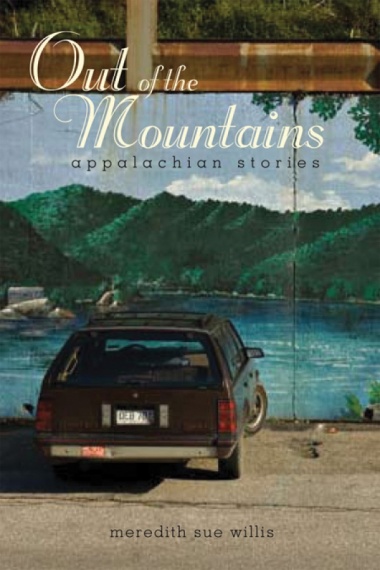
Meredith Sue Willis's story "On the Road with C.T. Savage"
Session VI , June 17
FINAL SESSION!
Coming Home; Those Who Stayed Home; More on Caretakers
"My Oedipus Complex," Story by Frank O'Connor (hand-out)
"Ulysses," Poem by Tennyson
Burial" Poem by Cathy Linh Che
Dylan Thomas poem: "Do not go gentle into That Dark Night..."
Essays by Theresa Brown/ What Makes a Good Essay
(Image of Theresa Brown, right)
Subscribe to Meredith Sue Willis's Free Newsletter
for Readers and Writers:
Send mail

